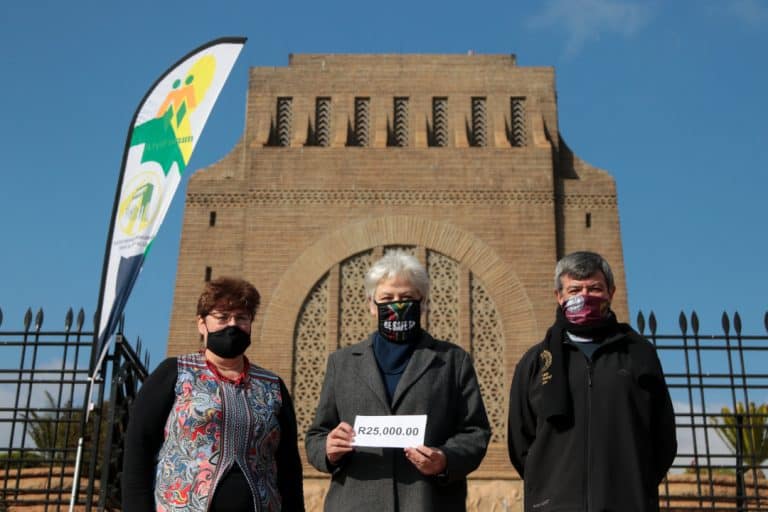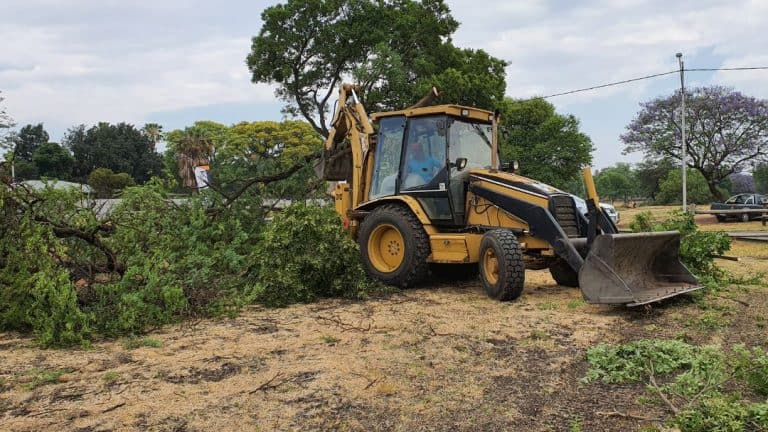AfriForum seeks clarity from Eskom on SSEG registration and enforcement
AfriForum has formally written to Eskom requesting clarity on the legal and regulatory framework underpinning the mandatory registration of Small-Scale Embedded Generators (SSEG) generating up to 50kW. The civil rights organisation argues that because most SSEG users has already spent thousands of rands on solar power systems to combat inconsistent power supply, it is reasonable to assume that the recent announcement regarding hefty registration fees and penalties have left solar power users worried and unsure of the future.
“It appears that Eskom continues to keep South Africans in a state of uncertainty when it comes to the future of self-generating electricity. The recent announcement requiring all Eskom customers to register as SSEG’s if they are connected to the grid and utilise alternative power sources has left many South Africans with more questions than answers,” says Morné Mostert, Manager of Local Government Affairs at AfriForum.
AfriForum has now requested Eskom to alleviate solar power users’ fears and provide the civil rights organisation with specific references on the provisions, policies, or regulations that Eskom is utilising to enforce the mandatory registration of SSEG systems. Additionally, AfriForum is seeking clarity on the legal basis for imposing fines or penalties on users who fail to comply with these registration requirements.
“Given the increasing role that small-scale electricity generation plays in energy security, it is imperative that Eskom provides clear and legally sound justifications for its enforcement measures,” says Mostert.
The ongoing debate surrounding solar power and Eskom’s financial sustainability also highlights the complexity of South Africa’s energy challenges. AfriForum fears that an unreasonable regulatory policy might discourage future solar energy users, which can hinder a more sustainable energy model in South Africa.
“While Eskom introduces regulatory measures such as the registration of SSEG’s to seemingly up its revenues, policy makers, civil rights organisations and watchdogs must ensure that regulations are fair and realistic,” concludes Mostert.











